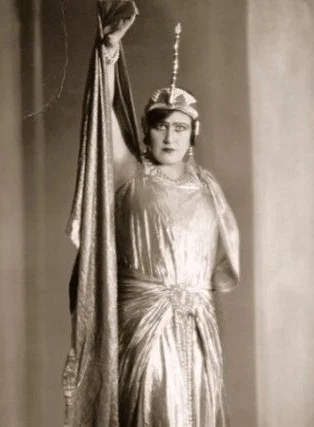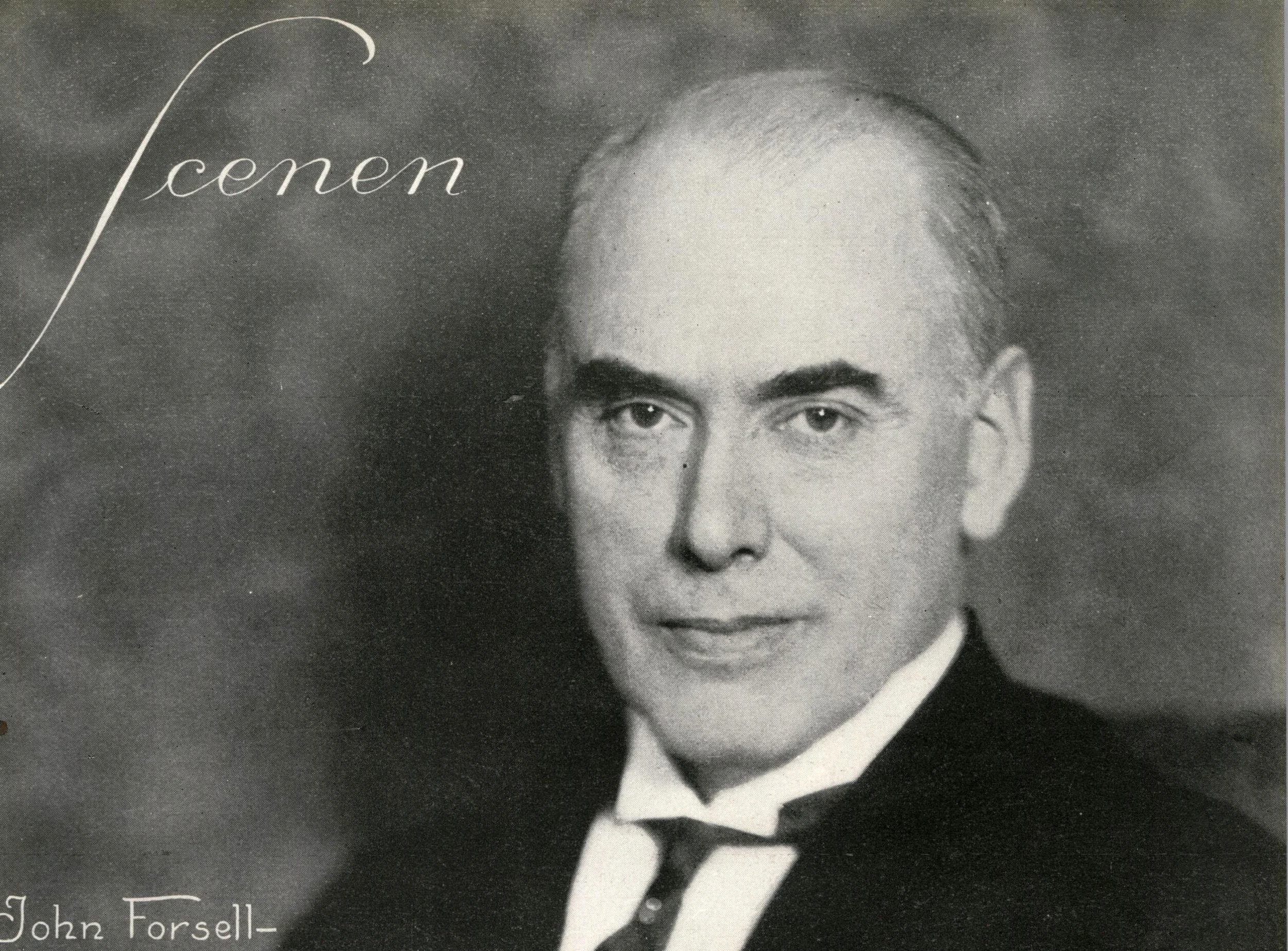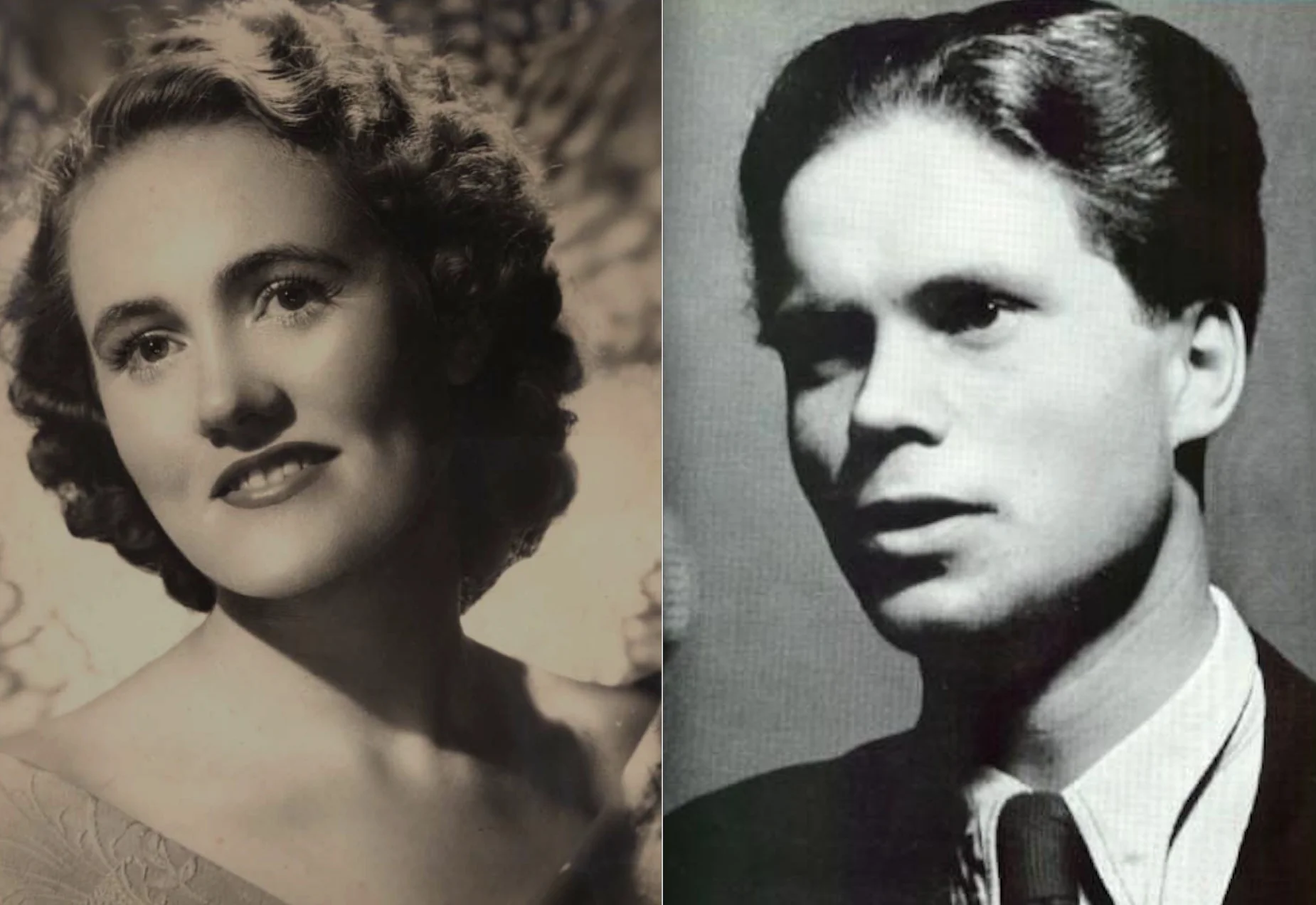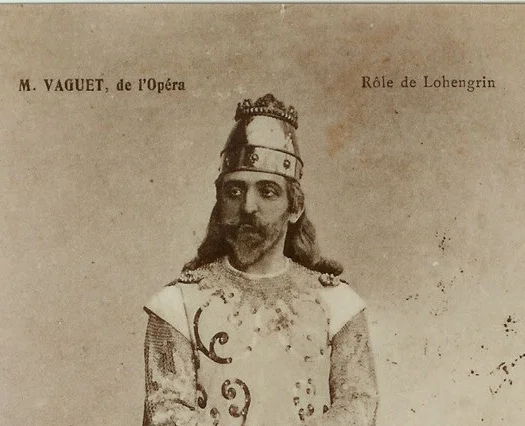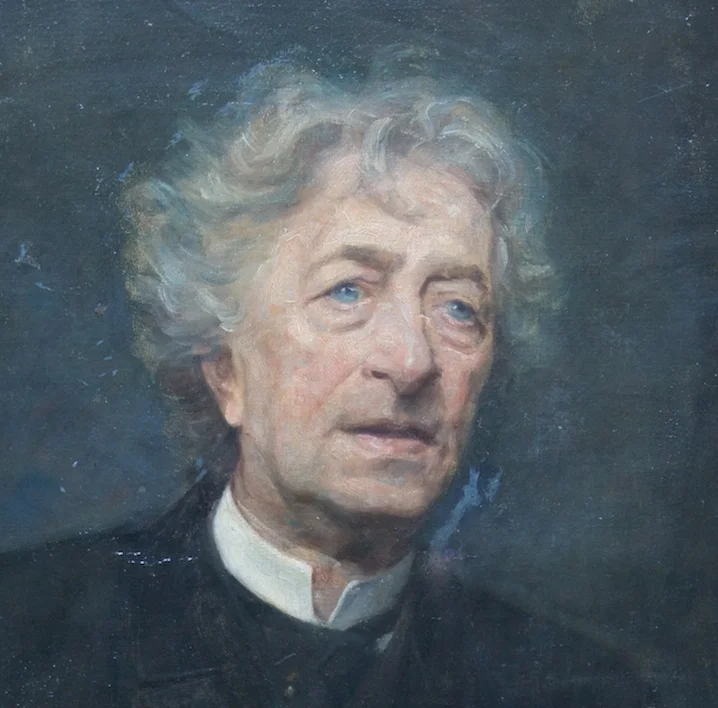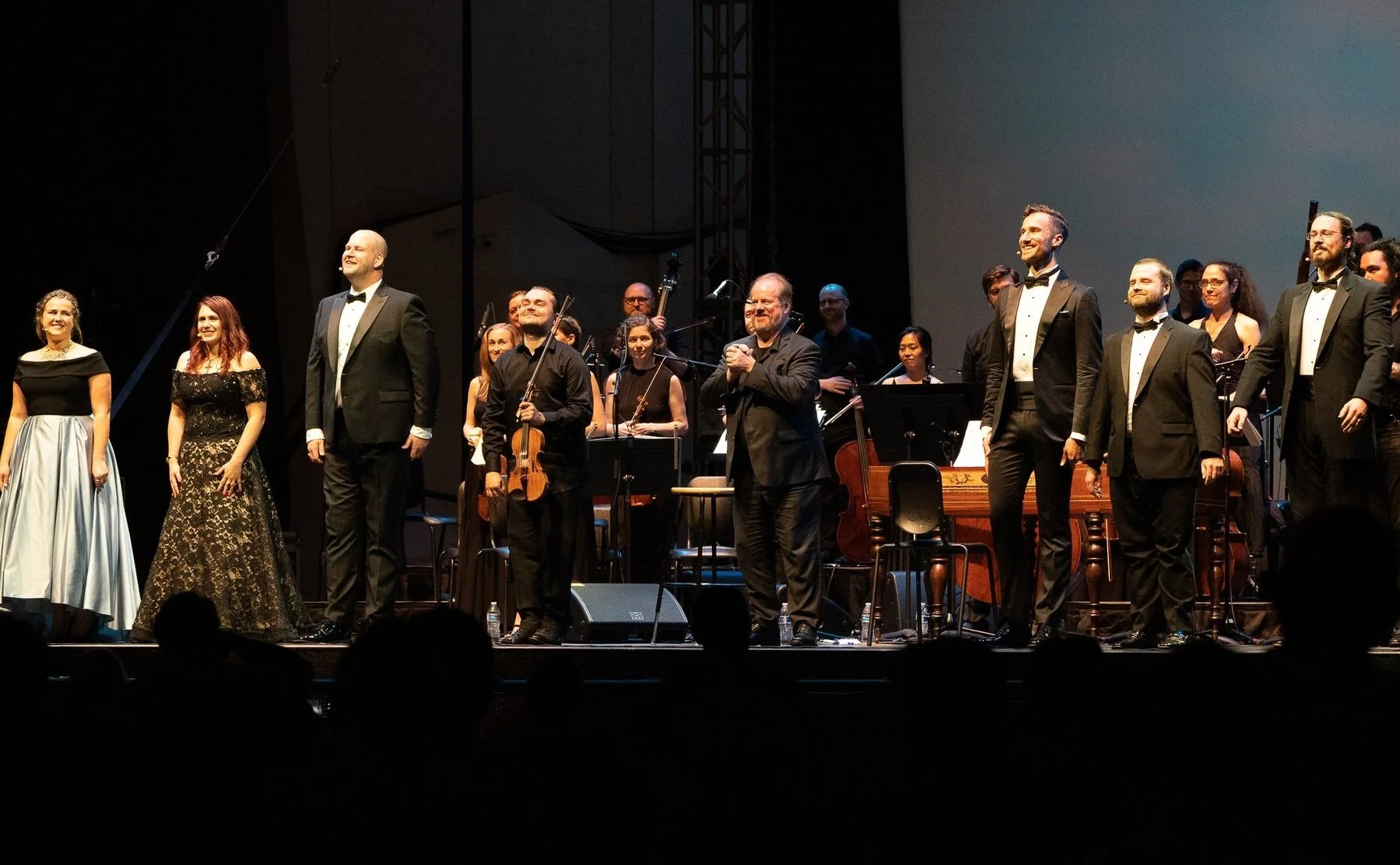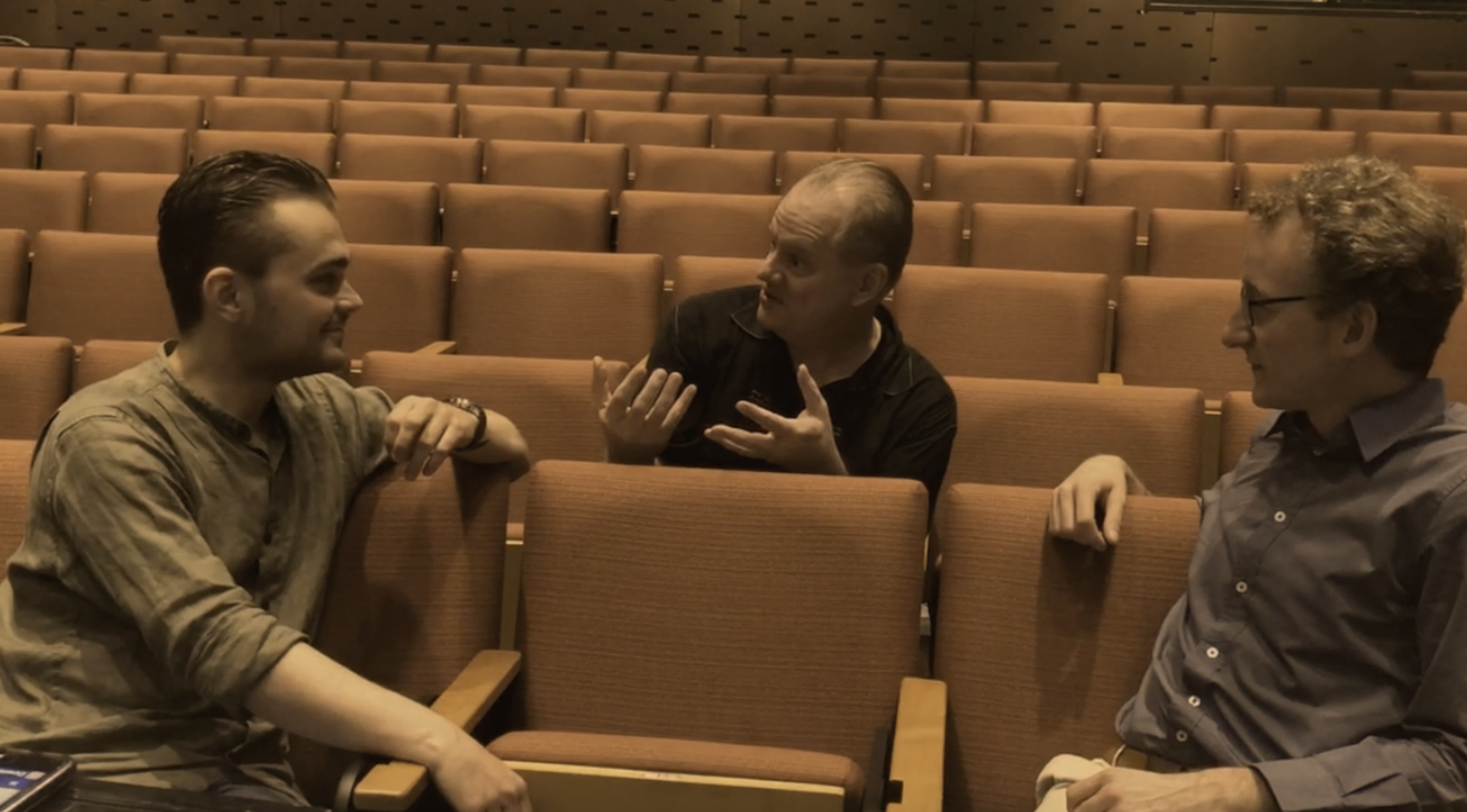Charisma
At the dawn of the twentieth century the Italian publisher Edoardo Sonzogno - upstart rival of the venerable Casa Ricordi - arranged an unparalleled publicity stunt. The new opera of Sonzogno’s star composer Pietro Mascagni would have its world premiere on 17 January 1901 in seven cities simultaneously. The top singing talent of Italy would be distributed among Rome (with the composer conducting), Milan (with Toscanini), Genoa, Turin, Venice, Verona, and Naples. Famous actors would be brought in for a special speaking role (the one engaged for Naples was Andrea Maggi; see the first “Record of the Week” in this series for more about him). The object of all this attention would be Le Maschere, with libretto by Luigi Illica and seven leading roles to display the vocal stars.
Giuseppe Anselmi, undated photo
What were they thinking? Hubris doomed the opera. The idea of simultaneous premieres managed to offend the local pride of all seven cities (to say nothing of the mortal insult proffered those that didn’t make the cut; Florence waited 54 years to give the opera a chance). Any composer pretentious enough to accept such an implication of primacy (and with Verdi still living!) was bound to be treated as an Icarus due for meltdown. And the tone of the piece, celebrating antique traditions of the commedia dell’arte and Rossinian comic opera, was probably not destined to appeal to an Italy still enthralled with verismo opera in full flower. The result was a resounding flop. In Genoa the show was not even allowed to finish.
In the event, only six of the seven theaters managed to present Le Maschere on schedule. Naples was two days late because the tenor was sick. But that tenor, Giuseppe Anselmi (1876-1928), made a recording of his aria that whets the appetite for more. It is a pavane - much of the score is a pastiche of old dance-forms and set pieces - and it has genuine charm (score here).
So has the singing: Anselmi was a master of “tempo rubato,” and a virtuoso who could make his coloratura gallop, canter, trot, or amble like the most elegant horseman. Elegance apparently described him generally; he was exceptionally handsome and was constantly praised for the poetic quality of his acting. He also acquired the nickname “il tenore delle donne.” His voice was delicious, and strong enough to sing a long list of what we now consider “heavy” roles, but apparently fragile; even on his best records there is often a hint of hoarseness or a tiny falter in the steadiness of a sustained note. There must have been something defective about his technique, which he acquired on the fly after formal training as a violinist and composer. His stage career began at the top but trailed off by the time he was 42. Nevertheless, the records he left suggest the sheer musical charisma that made him, however briefly, a superstar. And Le Maschere - especially if someone would sing it like this - has more than a few pages that seem well worth reviving.
Footnote: Anselmi sings the piece as an aria da capo, which sounds natural, though the published score does not indicate the repeat of the first section. I don’t know whether it originally did so; Mascagni, who believed in the work despite its disastrous debut, revised it three times over the next thirty years.
Teatro Nuovo puts great emphasis on learning from the singers who had never heard, or heard of, microphone singing - primitive recordings from more than a century ago, forming a link to the traditions of opera’s heyday and the infinite potential of the natural, unassisted human voice. Check this space regularly for samples, and click here for some pointers on how to listen.
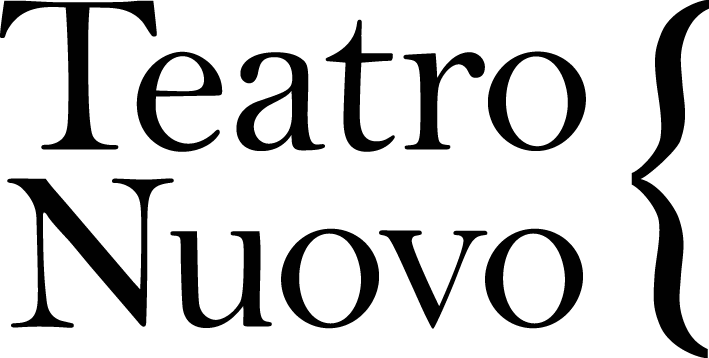


































![Image 2 - Henry T. [Harry] Burleigh - Detroit Public Library.jpeg](https://images.squarespace-cdn.com/content/v1/596bb4e703596e837b624445/1591713684327-N7HW488JSZ7EN8T5AJSR/Image+2+-+Henry+T.+%5BHarry%5D+Burleigh+-+Detroit+Public+Library.jpeg)







